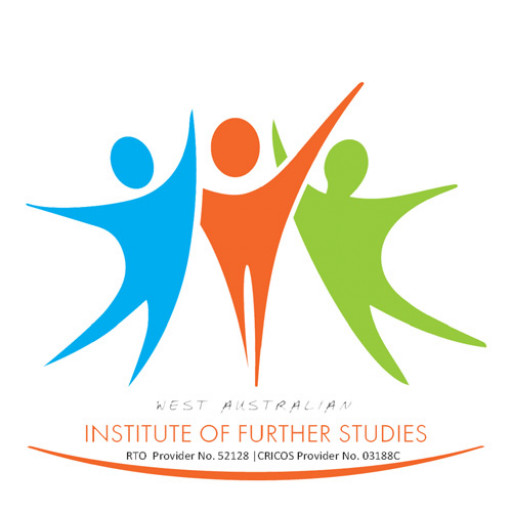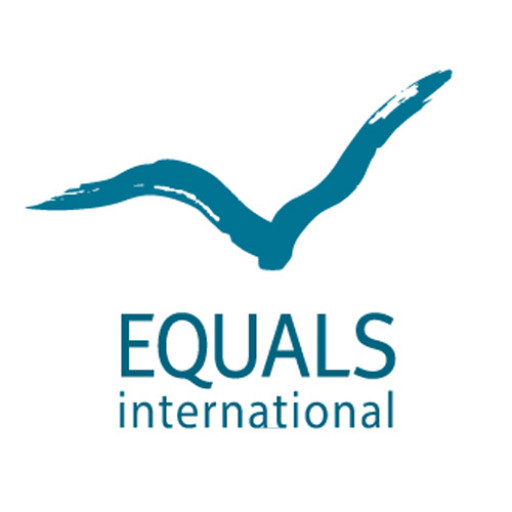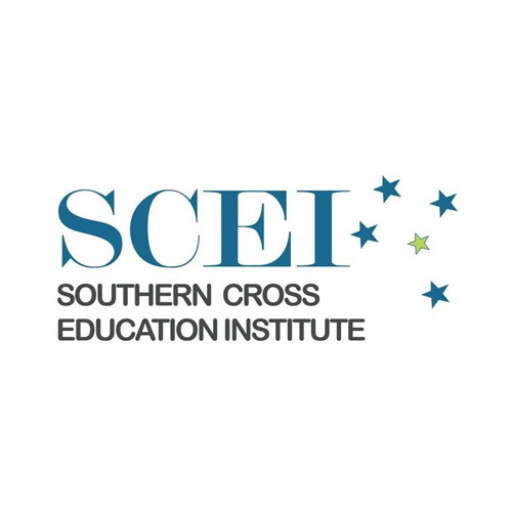Photos of university / #uofmichigan
Elementary Master of Arts with Certification students, cooperating teachers, and faculty puzzle through these questions and more in academic courses and year-long teaching internships in elementary and middle schools. Are you ready to make a career shift into teaching?
Join and immerse yourself in a year filled with curious children, engaging colleagues, and thoughtful, intellectually challenging approaches to teaching and learning.
An intensive 12-month program that prepares students for teacher certification in grades K-8 in self-contained, multi-subject classrooms or grades 6-8 in subject-specific classrooms.
As an Elementary Master of Arts with Certification intern, you will be part of an intensive, full-time program that begins in late June and finishes in mid-June the following year.
You will develop the professional and personal knowledge, dispositions, and skills to be a teacher who can engage diverse groups of children in thoughtful learning. Through academic courses and supported K-8 classroom experiences, you will develop the reflective tools you need to think deeply about and improve your teaching practices, to learn in the company of colleagues, and to work toward the improvement of education of all children.
Teacher Certification:The Elementary Master of Arts with Certification program prepares you for teacher certification in:
- Grades K-8 in self-contained, multi-subject classrooms
- Grades 6-8 in subject-specific classrooms, if state-mandated tests in the academic major and minor are passed
- You may also choose to take courses leading to an additional endorsement in the teaching of English as a second language
With successful completion of the program, you will earn a master of arts in educational studies degree and a recommendation for Michigan teacher certification.
CohortsYou will be a member of a 20-25 person Elementary Master of Arts with Certification cohort for the 12-month program. This will provide you with the opportunity to learn in the company of other interns who are working in similar contexts and develop a network of colleagues who bring multiple perspectives to the field of education. You will examine the tensions between the theories and practices learned in your courses and the realities of everyday life in classrooms in your regular interactions with faculty, experienced teachers, and Elementary Master of Arts with Certification cohort colleagues. Students in this program typically span an age range from 22 to 55 and have a broad variety of work and life experiences. Many interns are parents; all have had significant experiences with children.
Full-year internship in an elementary classroomYou will choose a grade level and placement in an elementary school with urban and/or working-class characteristics (districts include Plymouth/Canton and Ann Arbor).At this school you will develop the knowledge and skills to meet the needs of children from a range of social, cultural, economic, and linguistic backgrounds. At your school will be three to six other Elementary Master of Arts with Certification interns teaching K-8 grade students.
In late August you will begin working with your cooperating teacher, planning for the year and assisting in setting up the classroom before school starts in the fall. You'll continue to work with the same students and cooperating teacher throughout the school year. Your work will also be supported by a field instructor from the university who will regularly plan with you, observe your teaching, conduct seminar sessions with you and fellow interns, and assist you in becoming a skilled professional.
Teaching MajorsThe State of Michigan requires that all teacher certification candidates have one or two teaching majors in order to be recommended for teacher certifiction. To develop the deep and broad knowledge necessary to teach, each teaching major is comprised of a coherent program of study. Teacher candidates in the ELMAC program choose from the following teaching majors:
Teaching Majors:- Language Arts
- Mathematics
- Integrated Science
- Social Studies
Due to the intensive nature of the Elementary Master of Arts with Certification program, candidates are expected to have all of the coursework necessary for the required teaching major(s) and minor completed prior to beginning the program.
A coursework evaluation must be done using transcripts from every undergraduate and graduate institution attended (including community colleges) to help determine what certification major and minor will be most appropriate for you. A Request for a Coursework Evaluation should be submitted as early as possible. There is no cost for this evaluation.
- (3 credits) "Developmental Reading and Writing Instruction in the Elementary School"
- (3 credits) "Individualizing Reading and Writing Instruction in Elementary Classrooms"
- (3 credits) "The School Curriculum"
- (3 credits) "Foundational Perspectives on Educational Reform"
- (3 credits) "Teaching of Social Studies in the Elementary School"
- (12 credits) "Reflective Teaching Experience"
- (3 credits) "Teaching and Learning"
- (3 credits) "Research and Educational Practice"
- (3 credits) "Workshop on Teaching Mathematics"
- Two cognate courses (3 credits each) For most students, the summer cognate course is MATH 485 ("Mathematics for Elementary School Teachers"), and the fall cognate course is EDUC/ELI593 ("Educational Linguistics")
- (3 credits) "Workshop on the Teaching of Science"
Brownlee Forgivable Loan The loan was established by Donald S. & Floydene Beardslee Brownlee to provide need-based student loan support to exemplary full-time masters students who attend the School of Education (SOE) at the University of Michigan. The loan obligation is cancelled if the recipient fullfills an obligation to teach full-time at the kindergarten through 12th grade level. Documentation that the recipient taught for a period of one year must be presented to the Univrsity's Loan Collection Office within two years of graduation from the University of Michigan. Additional information about the loan wil be presented upon offer of our forgivable loan.
Levi L. Barbour Fellowship for Women from the Orient In 1914 the bequest of Levi L. Barbour established a scholarship program at the University of Michigan for women of the highest academic and professional caliber from the area formerly known as the Orient (encompassing the lands extending from Turkey in the west to Japan and the Philippines in the east) to study modern science, medicine, mathematics and other academic disciplines and professions critical to the development of their native lands.
Private Scholarships Many private scholarships for college students are offered each year by a variety of organizations. These scholarships can range in amount from small honorariums to thousands of dollars. To be considered, students must meet the eligibility criteria specified by the donor or sponsor and complete a scholarship application (if required). Please click on the following sites to learn more about scholarshipscollegescholarships.org or campusexplorer.com. Additionally, the Office of Financial Aid at the University of Michigan has a listing of their private scholarship awards. Click on finaid.umich.edu to learn more.
Rackham Graduate School administers fellowships, grants, and scholarships for which you may be eligible.
The Rackham Master's Award is a competitive award open to newly admitted students in a Rackham graduate degree program; it provides three semesters of funding that includes tuition, two full semesters of fees and living expenses, and an academic year of health and dental insurance.
The Center for the Education of Women may have funding for you if you've been out of school for eight months or longer.
Emergency FundingThe Center for the Education of Women offers Critical Difference Grants for students in emergency situations.
Rackham Graduate School administers a Student Emergency Fund to help in case of medical, dental, or mental health emergencies for yourself or, in some circumstances, for your immediate family members.
The School of Education may have resources for students in emergency situations.
Financial AidA Child Care Subsidy may be available to you if you're a parent with child care expenses.
The university's Office of Financial Aid has information about various loan programs for which you may be able to apply.
A Teach Grant comes from a federal program in which students receive grants if they commit to, following graduation, teaching in a high-need subject in a school serving low-income students.








